In a Surprising Turn, San Franciscans Vote for Enhanced Police Drone Surveillance Tools
In an unexpected twist, San Francisco, a city once at the forefront of restricting Police use of drone surveillance technology, has voted in favor of expanding law enforcement’s toolkit. This decision comes five years after the city made headlines for banning face recognition technology—a move that was emulated by approximately two dozen cities across the United States, reports Wired.
A Reversal on Drone Surveillance Policy
San Francisco’s recent ballot, Proposition E, received a 60% approval rate, signifying a notable shift in the city’s approach to police drone surveillance. Championed by Mayor London Breed, the measure grants the San Francisco Police Department (SFPD) new liberties in deploying drones and installing public security cameras without prior oversight from the city’s Police Commission or Board of Supervisors.
This pivot raises concerns among privacy advocates and civil liberties organizations, fearing an encroachment on individual freedoms and an escalation in the use of “unproven and dangerous technology,” according to Matt Cagle, a senior staff attorney with ACLU of Northern California.
Addressing Crime with Technology
Despite the controversy, proponents of Proposition E argue that bolstering police capabilities with advanced surveillance tools is a necessary step towards combating crime and enhancing public safety. Mayor Breed emphasizes the initiative’s role in supporting police efforts, particularly in light of the city’s recent struggles with fentanyl-related overdose deaths and the economic impact of the pandemic on commercial areas. The measure also simplifies the process for the SFPD to pursue suspects and reduces bureaucratic hurdles, potentially leading to more efficient law enforcement.
The Debate over Privacy and Safety
The decision to relax restrictions on police surveillance has sparked a debate on the balance between privacy rights and public safety. Critics like Caitlin Seeley George from Fight for the Future express concerns that this move undermines the progress made in recent years to limit surveillance and protect civil liberties. However, supporters argue that technological advancements are essential for keeping pace with evolving threats and ensuring community safety.
A City at a Crossroads
As San Francisco embarks on this new path, it remains a city divided between its pioneering stance on privacy and the demands of public security. While Proposition E represents a significant departure from previous policies, it also reflects a broader conversation on the role of surveillance in modern policing—a debate that is far from resolved. As the SFPD explores the use of new technologies under loosened restrictions, the impact of this decision will unfold in the years to come, testing the city’s commitment to safeguarding both its residents and their rights.
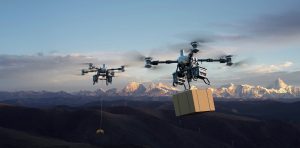
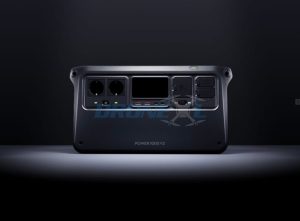
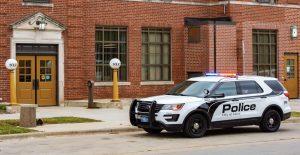


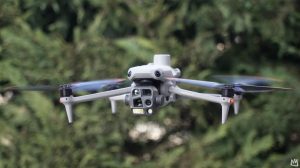


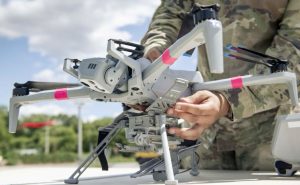
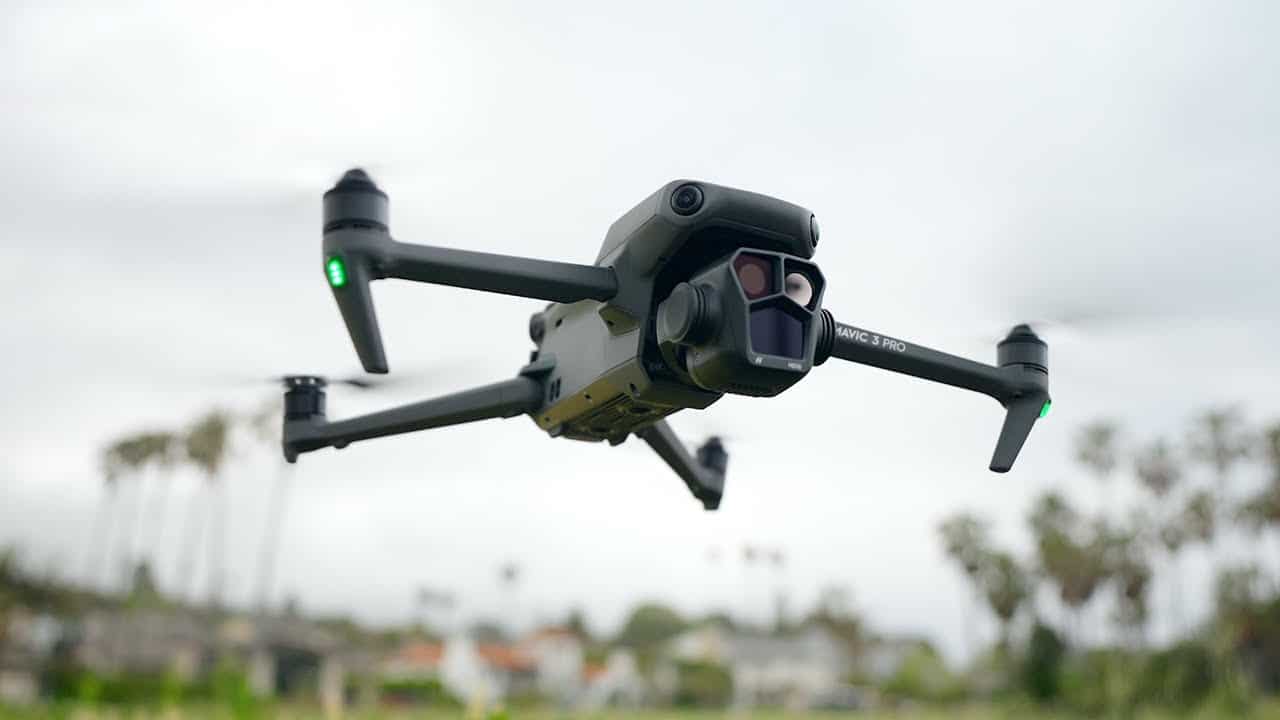

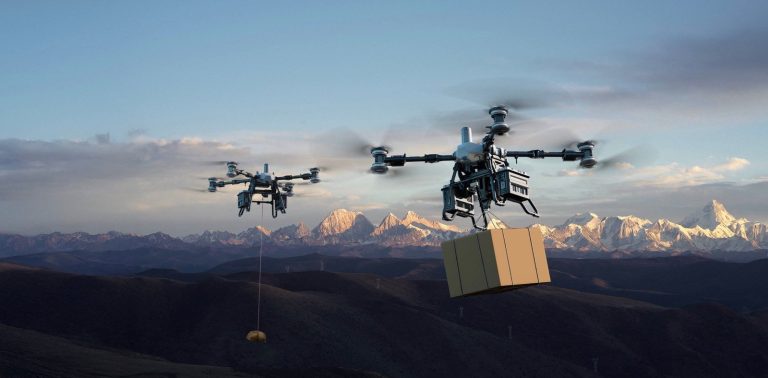

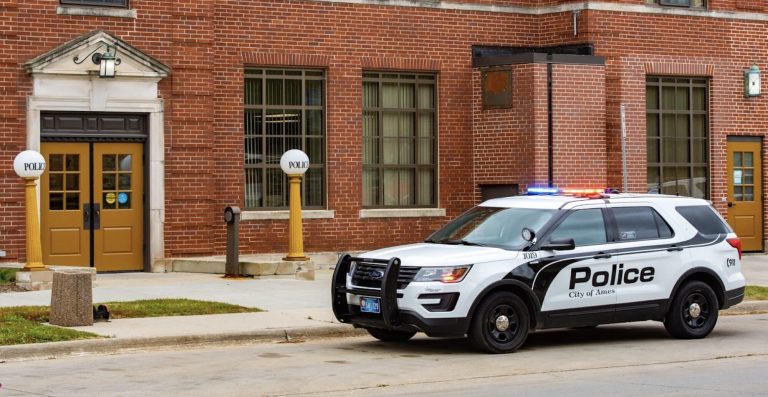




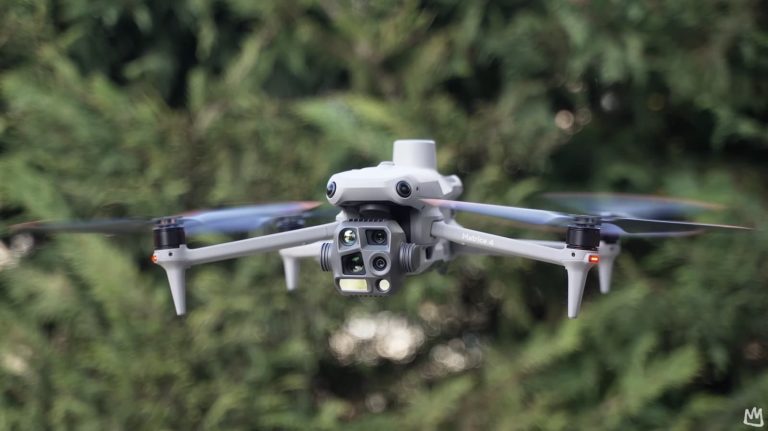

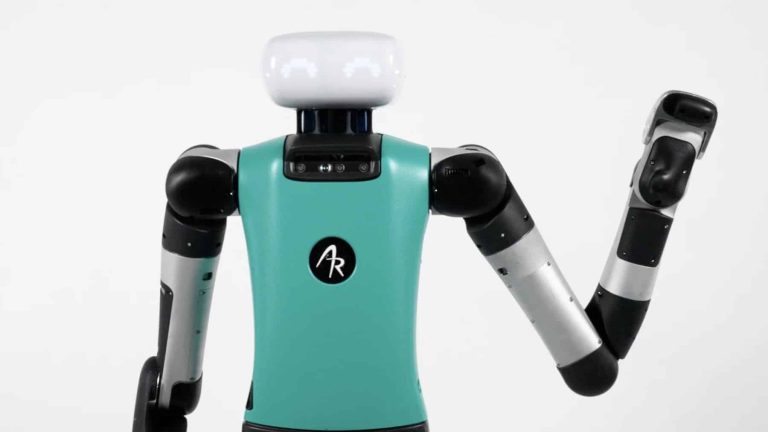
+ There are no comments
Add yours